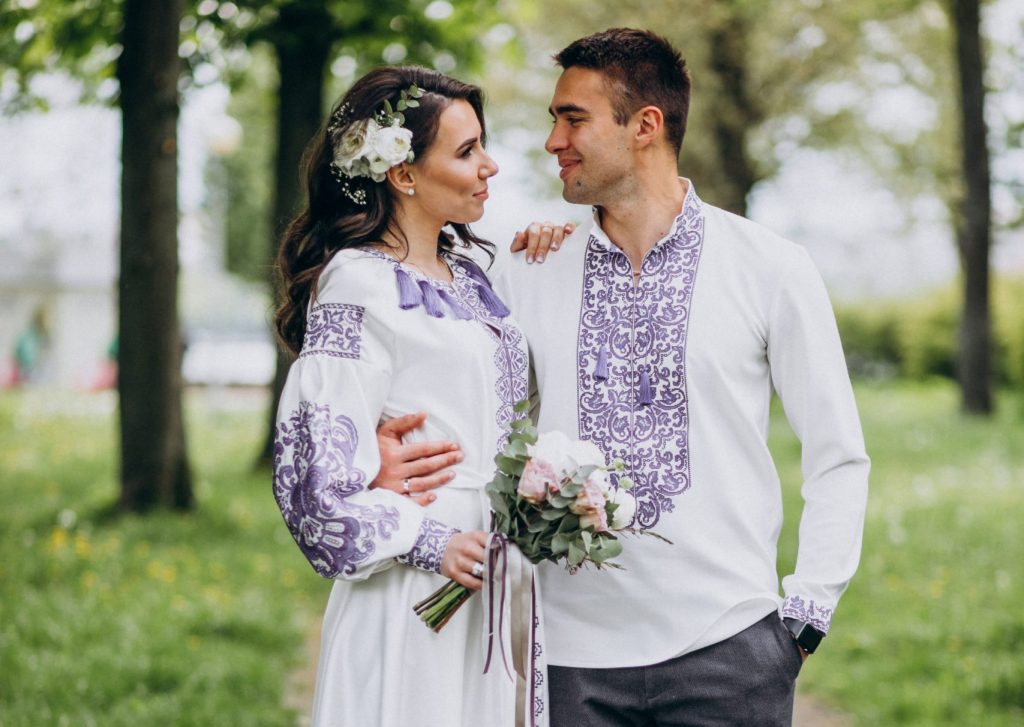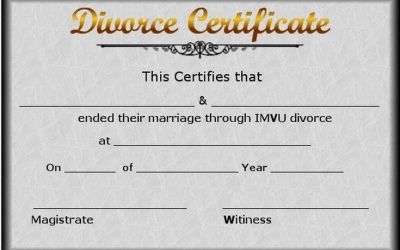
Complete Guide to UAE Expat Marriage: Sharia and Civil Weddings Explained
Table of Contents ▼
Are you an expatriate planning to marry in the UAE?
If so, understanding the UAE expat marriage process is key to ensuring everything goes smoothly. Whether you choose to marry under Sharia law or opt for a civil marriage, the UAE offers both options to suit different religious and legal needs.
This guide will walk you through everything you need to know to navigate the UAE expat marriage process, including required documents, legal steps, and potential challenges. Abu Dhabi civil wedding is another simple, legal way for expats to formalize their marriage.
Legal Framework for UAE Expat Marriage
In the UAE, expatriates can choose between a Sharia law marriage or a civil marriage, depending on their nationality, religion, and personal preferences. The UAE’s legal system accommodates both, ensuring flexibility for people from various backgrounds. Expat marriage in Abu Dhabi is possible under both Sharia law and civil law.
Sharia Law Marriage for Muslims
For Muslim expatriates, marriages are regulated by Sharia law. This process includes several specific legal steps:
- Eligibility: Both parties must be of legal age. Women must also have the consent of their guardian (wali), and additional documentation is required if the woman is a widow or divorced.
- Documents Needed: Passports, residency visas, proof of non-relationship status (single, divorced, or widowed), and health certificates confirming no contagious diseases.
- Processing Time: Typically takes around two weeks, although delays may occur due to paperwork or other factors.
- Marriage Certificate: After the marriage is registered, a certificate is issued, which serves as legal proof of the marriage.
Civil Marriage for Non-Muslim Expats
Non-Muslim expatriates have the option to marry through a civil ceremony, which is a non-religious marriage conducted by the relevant authorities. This type of marriage is often preferred by expats from countries where civil marriages are the norm.
- Eligibility: Non-Muslim expatriates of any nationality are eligible, provided they meet the documentation requirements.
- Documents Needed: Valid passports, residency visas, proof of single status, and health certificates.
- Processing Time: The process may take up to 3 months, depending on the embassy and document verification.
- Marriage Certificate: Once the marriage is recognized, the couple receives a marriage certificate, valid both in the UAE and their home country.
Step-by-Step Guide to the UAE Expat Marriage Process

The process for a UAE expat marriage can vary depending on whether you’re marrying under Sharia law or opting for a civil ceremony. Below is a breakdown of the steps for both options.
Step 1: Submit Your Documents
To start, both parties must gather the necessary documents. Here’s a general list of what you’ll need:
- Valid passports and UAE visas
- Proof of single status (certificate of no impediment)
- Health certificates from an authorized medical center
- Proof of residence in the UAE
For a civil marriage, documents must be submitted through your embassy, while Sharia marriages are processed directly at the UAE courts.
Step 2: Document Verification
Once your documents are submitted, the authorities will verify them. This process ensures that everything is in order and may take up to two weeks. Once approved, you can move forward with marriage registration.
Step 3: Marriage Registration
After your documents are verified, you can proceed with marriage registration:
- Sharia Law: Both partners must appear at the UAE court for the marriage ceremony, and the marriage is officially recorded.
- Civil Marriage: Non-Muslim expats must register the marriage through their embassy. Once registered, the marriage certificate is issued.
Step 4: Marriage Certificate
Once your marriage is registered, you will receive a Marriage Certificate. This certificate serves as official proof of your marriage and will be required for legal processes, such as applying for a residence visa for your spouse or making legal declarations in your home country.
Key Documents for UAE Expat Marriage

The required documents can vary slightly depending on the type of marriage, but here’s a general list for both Sharia and civil marriages:
- For Sharia Law Marriage: Passports, residency visas, proof of single status, health certificates, and guardian consent for women under the legal marriage age (18 years).
- For Civil Marriage: Passports, residency visas, proof of single status, health certificates, and proof of residence in the UAE.
Costs and Timeframes for UAE Expat Marriage
The costs involved in getting married in the UAE depend on the type of marriage and where it is processed.
- Sharia Law Marriage: Costs range from AED 500 to AED 2,000, depending on the court and health certificate processing fees.
- Civil Marriage: The cost for civil marriage ranges from AED 2,000 to AED 4,000 due to embassy registration, health checks, and documentation fees.
- Sharia Law Marriage: Typically takes about two weeks to process.
- Civil Marriage: Can take up to three months, primarily due to embassy processing and document verification.
Challenges in the UAE Expat Marriage Process

While the UAE expat marriage process is straightforward, there are some common challenges expatriates may face:
- Document Discrepancies: Missing or incorrect documents can delay the process. Ensure all documents are up-to-date and complete.
- Legal Requirements for Different Nationalities: Some nationalities may have additional requirements or legal hurdles, especially when registering their marriage abroad.
Tips for a Smooth UAE Expat Marriage Process
Here are some tips to help make your UAE expat marriage process go smoothly:
- Consult a Legal Expert: It’s a good idea to consult with a legal expert who specializes in expatriate marriage in the UAE. They can guide you through the process and ensure all your documents are in order.
- Prepare Documents in Advance: Avoid delays by gathering all required documents early.
- Check Embassy Requirements: Some nationalities may need additional documents. It’s a good idea to check with your embassy to ensure you meet all requirements.
Conclusion
Getting married in the UAE as an expat doesn’t have to be overwhelming. With the right preparation and knowledge, the process can be smooth and straightforward. Whether you’re opting for a Sharia law marriage or a civil marriage, following the proper steps and ensuring you have the right documentation is key.
Want a hassle-free experience? Contact Easy Wedding to guide you through every step of your UAE expat marriage journey and ensure everything goes smoothly from start to finish.
Know what documents are needed to get married in Dubai to ensure your marriage is valid under UAE law.

